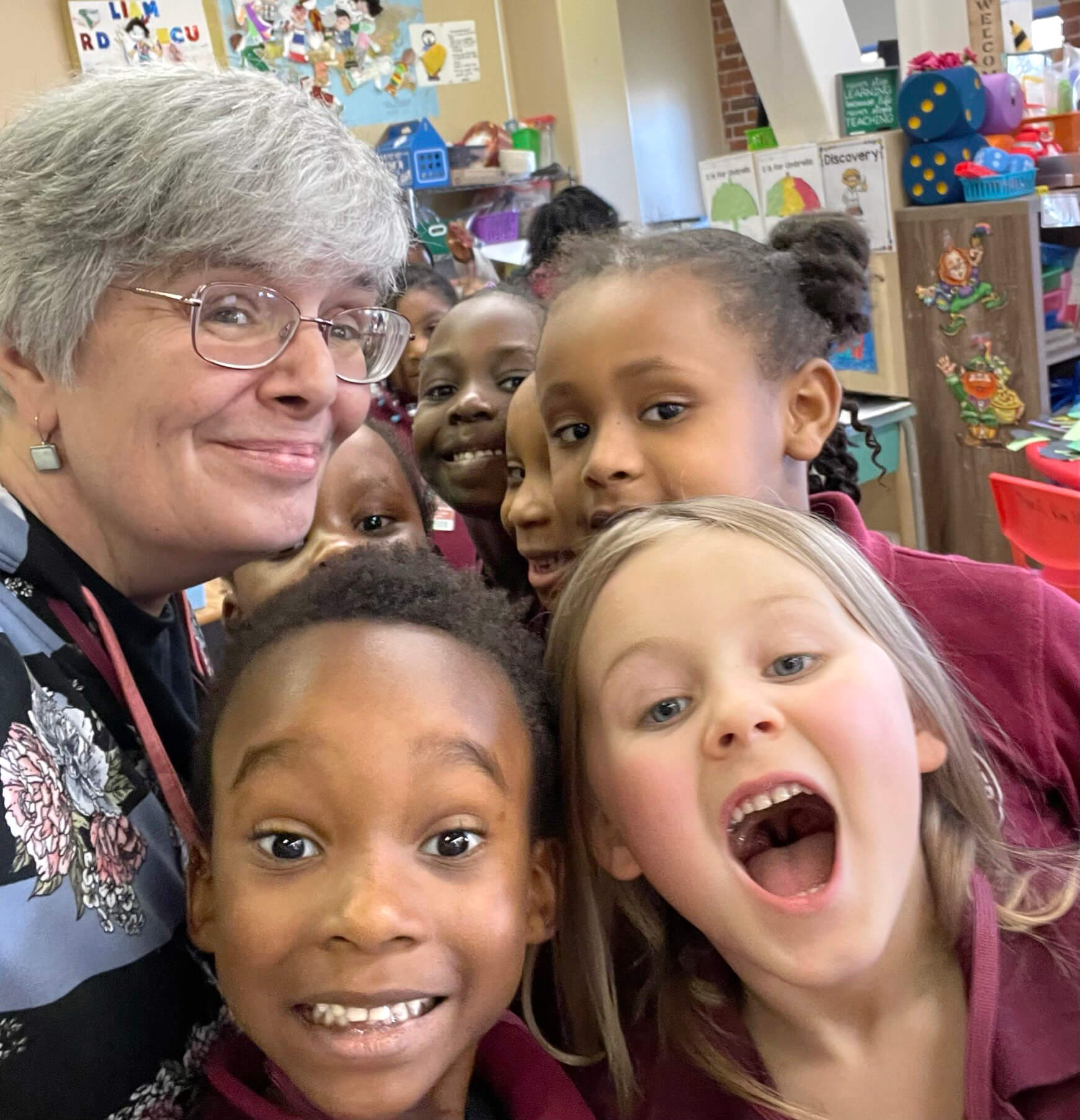By Christine M. Quirk — Christine@concordbridge.org
Sending your child to kindergarten – particularly your first child – can be both exciting and scary.
I’ve been an instructional assistant at two schools and spent five years in kindergarten classrooms in addition to my writing career.
Over the years, my former colleagues and I have come up with some ideas that may make the transition easier for everyone: caregivers, teachers, and, most important, your little ones.

Academic Skills
Some things to think about as your child starts school:
- Can they recognize and write their name?
- Do they know their colors?
- Can they count to 10? To 20?
- Do they know the alphabet?
All these things will help them as they enter the classroom – and if your child is still learning them, it’s OK. Teachers and staff are skilled in instructing everyone at every level.
Independent Skills
Even the youngest students should be able to handle certain basics on their own.
- When you buy your kids their lunchbox and backpack, have them practice opening and closing it. Let them help pick their snack, and remember they need only a choice or two. Make sure you send snacks and lunches they can open independently.
- Consider packing a water bottle that has a straw or squirt top. The child stays hydrated, and it lessens the threat of spills.
- If they can’t tie shoes yet, consider Velcro! Though teachers are willing to help, it takes a lot of time to unwrap 20 cheese sticks and tie 40 shoes.
- Make sure they can take care of themselves in the bathroom. In most cases, educators are not permitted to help. (But we will say, “Did you wash your hands?”)
Social and emotional skills
- Try to prepare your littles for taking turns and following directions. It can be hard to wait for 10 classmates, and you can’t be first all the time. This can be new and challenging for some children.
- Let your kids know there may be “home rules” and “school rules.” For example, at home, we get up and use the restroom when nature calls. At school, kids need to ask — not because a teacher will say no, but because we need to know where they are at all times. At home, we chat with our families. At school, we raise our hands so we’re not all talking at once. You get the idea.
- Work with your kids on advocating for themselves and expressing themselves appropriately. Teachers understand they’re little, and we expect rough patches. But it’s a good idea to practice with them. “Excuse me, I didn’t hear you.” “Johnny took my pencil out of my hand, and it made me mad.”
- Assure your kids that school is a safe and fun place. I would tell my kids that nothing would ever happen at school that the teachers couldn’t fix. “All good, in the kindergarten ’hood!” we told one another.
The No. 1 thing that I liked my parents to know: Kids have great imaginations. We won’t believe everything they tell us about home if you don’t believe everything they tell you about school. My student’s dad was not traveling to South America, and I truly did not hide his classmate’s lunchbox.
Keep the lines of communication open — and here’s to a great year!






